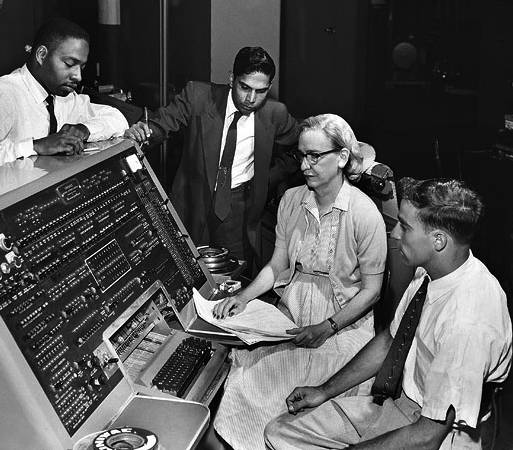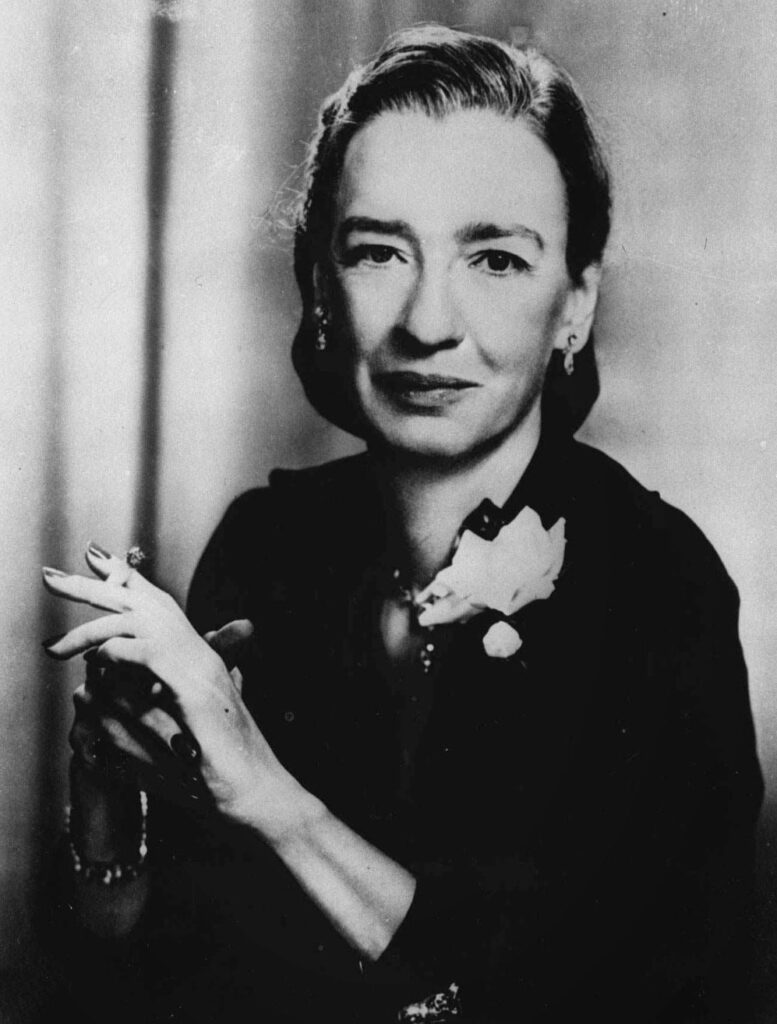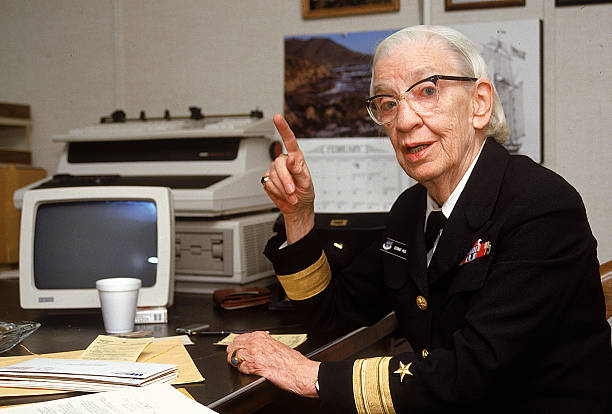

Early Years and Academic Prowess
Born in 1906 in the bustling heart of New York City, Grace Murray Hopper emerged as a trailblazing figure in the world of computer science. Her academic journey began at Vassar College, where she graduated in 1928 with degrees in Mathematics and Physics. Hopper furthered her education with a Master’s in Mathematics from Yale in 1930, later becoming a pioneering force in the male-dominated field.
Service in the U.S. Navy during World War II
During World War II, Hopper’s commitment to service led her to join the U.S. Navy after the Pearl Harbor bombing. Trained intensively at the Midshipmen’s School for Women at Smith College, she was assigned to the Bureau of Ships Computation Project at Harvard University. Here, she worked on the IBM Automatic Sequence Controlled Calculator (MARK 1), contributing to top-secret calculations vital for the war effort, such as rocket trajectories and anti-aircraft gun tables.
Revolutionizing Computer Science: FLOW-MATIC and COBOL
Post-war, Hopper continued her groundbreaking work, transitioning to the burgeoning field of computer science. In 1953, she proposed the revolutionary idea of writing programs in words rather than symbols. This concept led to the creation of FLOW-MATIC in 1956, the first programming language using word commands and heralded as a “user-friendly language.” Her groundbreaking efforts culminated in the development of COBOL (Common Business Oriented Language) in 1959, a milestone that revolutionized programming and became the most extensively used computer language globally by the 1970s.
Legacy Beyond the Screen: Teaching and Consulting

Despite the challenges faced by women in her era, Hopper’s legacy endured. She turned down a full professorship at Vassar to continue her work with computers, eventually becoming a senior consultant at the Digital Equipment Corporation until her passing in 1992. Grace Hopper’s influence extended beyond her technological contributions, as she also dedicated herself to teaching and mentoring future generations of computer scientists at institutions such as the Moore School of Electrical Engineering at Penn and George Washington University. Her indelible mark on the digital landscape and commitment to education continue to inspire generations in the ever-evolving world of computing.
“I think we consistently…underestimate what we can do with computers if we really try.”
Oral History of Captain Grace Hopper, Angeline Pantages